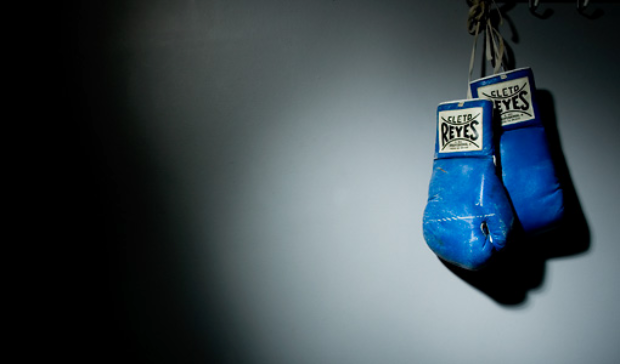Just outside my office in the lobby of our department hangs a 42-inch TV that’s on all day long. Most of the time it’s tuned to CNN. During an average day, I walk by the TV a few dozen times, and as a journalism professor, I like checking the headlines as I come and go.
Watch Newsweek editor John Meacham's speech, the first in St. Thomas' Public Discourse Lecture series.
Since returning from January abroad, however, I’ve been struck by how much time is devoted to discussing and analyzing the polarized nature of American society. Many believe the schism is so deep that forward motion on any number of important issues has come to a standstill. The tone is one of near desperation as commentators, politicians, scholars and citizens implore us to tone down the vitriol and adopt a more conciliatory approach. The thing is: Nearly everyone’s willing to commit to the idea of civil discourse; it’s committing to actually doing it where we run into trouble.
When Newsweek editor Jon Meacham came to campus in February as the first speaker in St. Thomas’ Public Discourse Lecture series, he cautioned us not to get too nostalgic about the good old days. Like so many things, the good old days weren’t nearly as good as we tend to remember them.
Civil discourse, he said, is “essential but perennially elusive.” However, he also noted that the best model we have for authentic civil discourse is right here in the United States. When we get it right, we do it better than most.
I’m hanging onto those words – to the belief that we can, in fact, be civil to one another. The challenge is to figure out how to foster that civility in the multiple communities to which we belong. How, for example, can I help give my students the spirit of conviction – and the courage – to stand up against the attitude that every discussion on a contentious issue is a competition to be won? How can I help them see that, in the end, shouting down the “other” side really helps no one’s side? And how can I convince them that we ought to make strides toward civil discourse when sometimes we just fundamentally disagree?
Meacham left me with a lot to think about, but he didn’t answer my “how” questions.
These are really hard questions to answer. We live in what Deborah Tannen, a Georgetown University linguistics professor, calls an argument culture. It has led, she says, to an ethic of aggression where we actually feel guilty if we are conciliatory rather than confrontational.
This ethic is reinforced everywhere we look: in politics, in law, in the media and in education. In just one example that hits close to home, Tannen points out that we as teachers are often the most pleased with our classes when our students get involved in a fiery debate; we see this as the mark of a successful class.
I can assure you that as someone passionate about fostering civil discourse, I had to take a step back after encountering Tannen’s work. Although I’ve always made explicit attempts to help students see the importance of going into a debate with the attitude that they may come out with a new understanding or perhaps even a new opinion, I’m guilty of relishing the moments when my students get really charged up. I see them and think, “Excellent. I’ve made a connection. They care.”
So, we can all do better. If we in education are guilty of nurturing a culture of argumentation, then it seems we’re the perfect ones to start leading it back toward a culture of civility. My students agree. When I’ve asked them how we can turn the tide, they tell me it has to begin with educational institutions – that an example set in schools and universities will carry over into other areas of public life. That’s one of the reasons I support St. Thomas’ new civil discourse initiative, a joint effort by the College of Arts and Sciences and the Division of Student Affairs that includes not only the Public Discourse Lecture series but also a number of events for first-year students, a possible civil discourse requirement in the core curriculum, an endowed chair in civil discourse, and a highlighted commitment to the many activities already under way at St. Thomas. The initiative will emphasize the importance of civil discourse while giving students skills to engage in it.
For my students – future media professionals – developing a commitment to civil discourse, together with the tools necessary to practice it, could substantively affect how members of our culture connect with one other. And I’m not going to argue about that.
About the Author: Wendy Wyatt is an associate professor in the Communication and Journalism Department.





